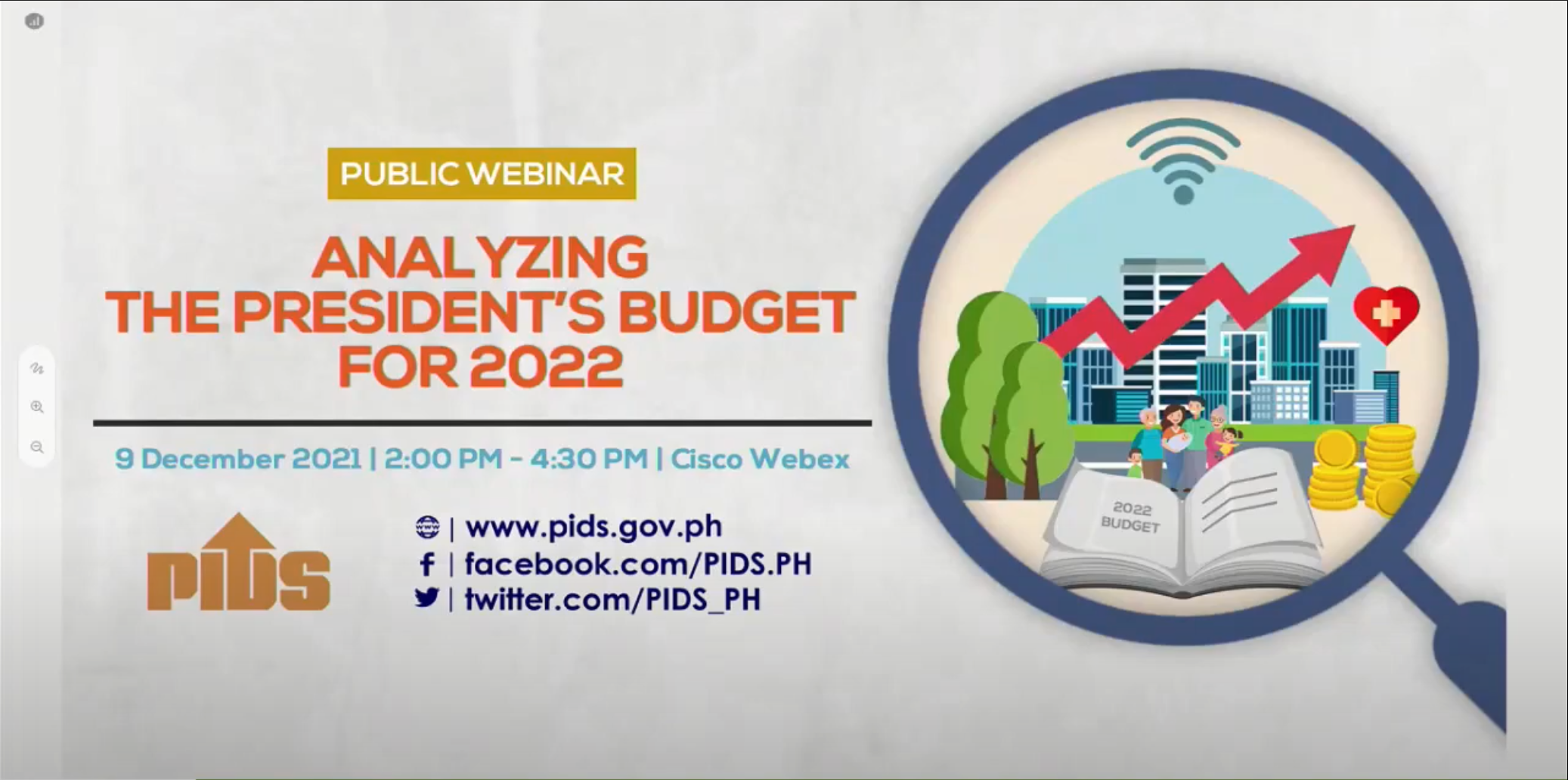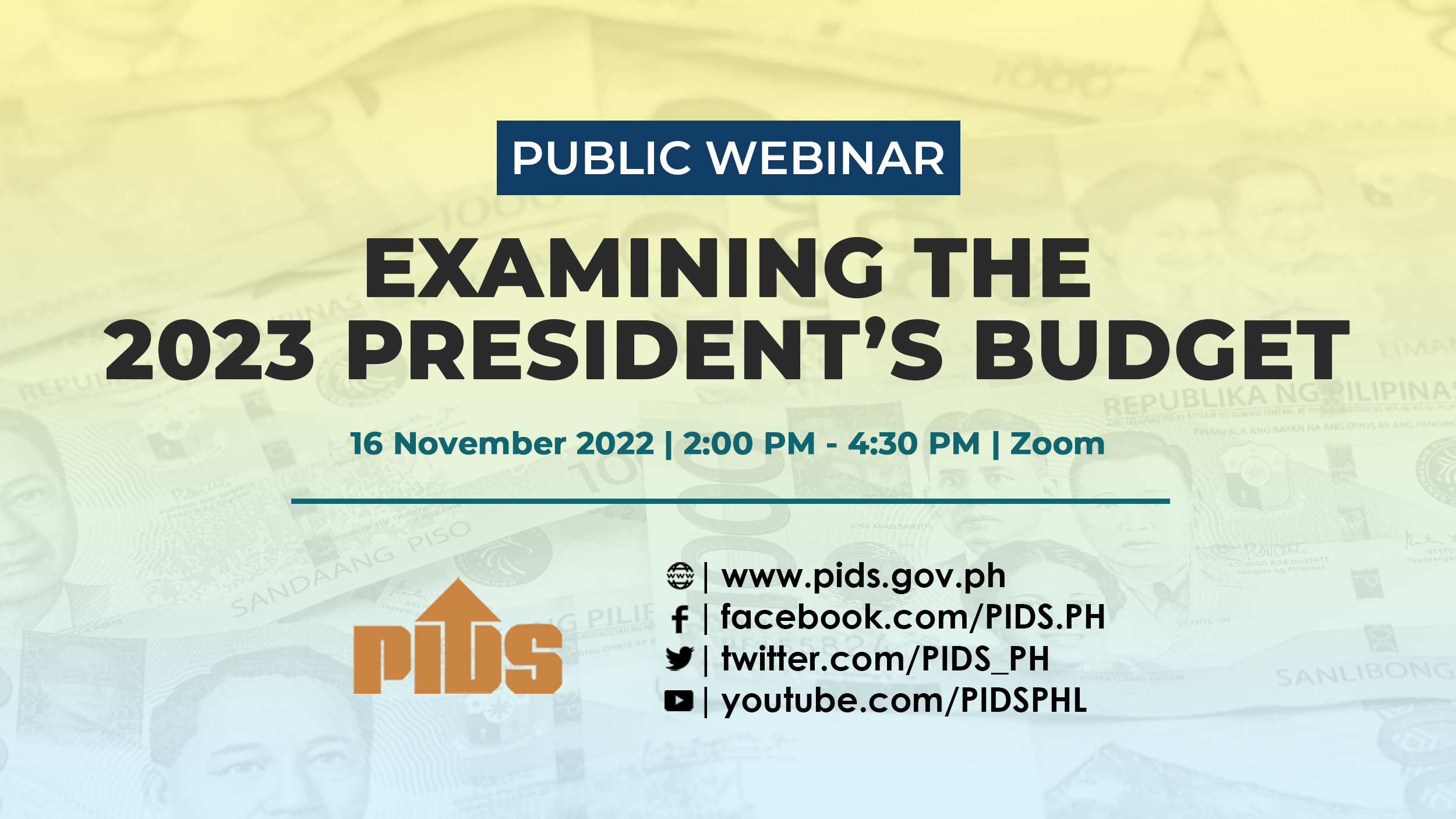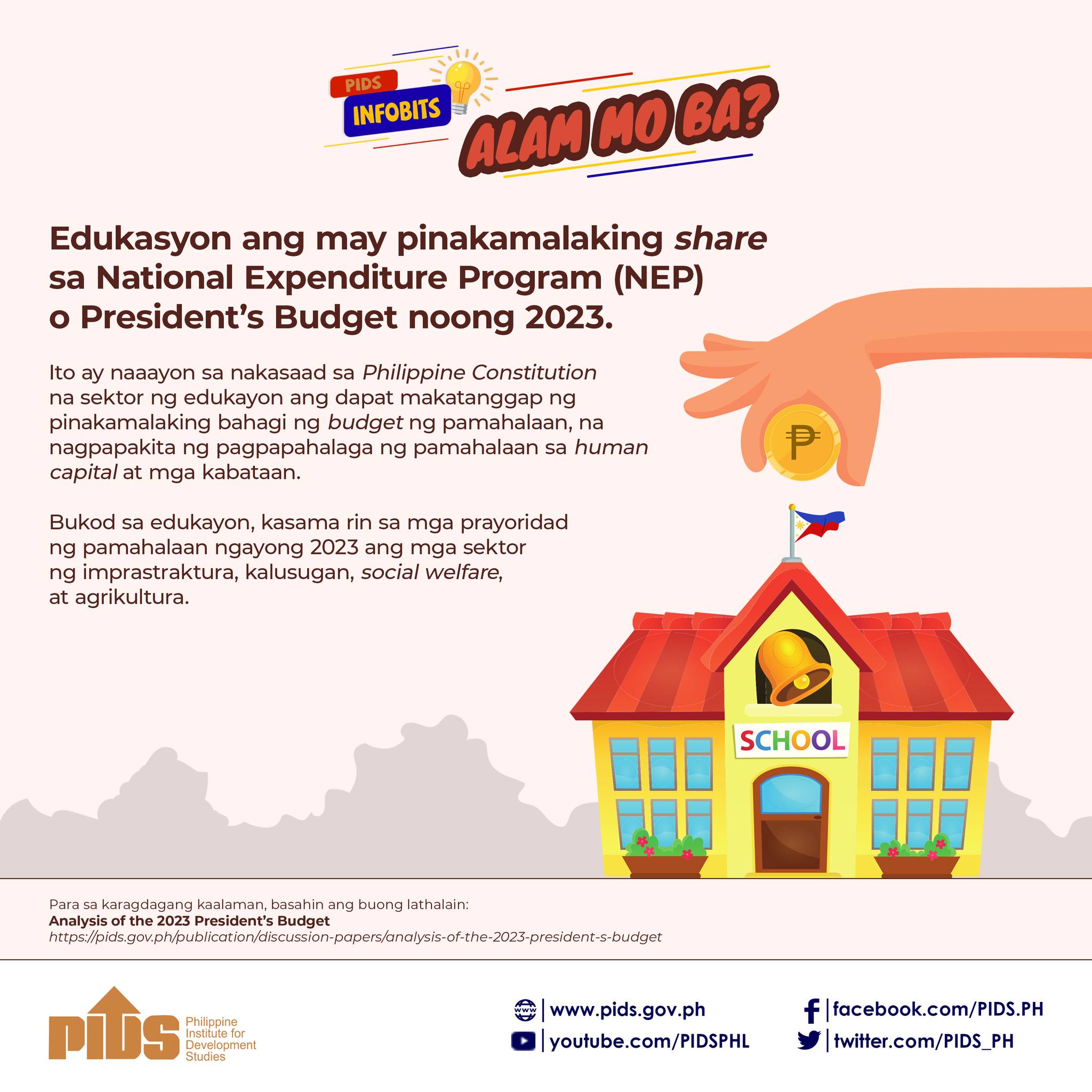MY GOOD friend and fellow BPI Director, Romy Bernardo, recently shared with me a ten-point policy wish list for the incoming president. According to Director Bernardo, who served as finance undersecretary during the Cory and Ramos presidencies, the wish list was put together by experts from the Foundation for Economic Freedom, the Management Association of the Philippines, the Makati Business Club and the Philippine Disaster Resiliency Foundation.
I am impressed at the clarity and doability of the proposals. The future president and his/her cabinet would do well to study and implement them when the time comes.
Of course, Director Bernardo emphasizes that these are policy recommendations. What will really count will be the execution which can only be assured if the future president appoints “a first-class team equal to the most challenging circumstances facing our country, committed to the rule of law, and genuine servant leadership.”
The 10 Point Wish List
1. Create a National Recovery and Resilience Council and a Health Security Council
Create a National Recovery and Resilience Council (NRRC), headed by the National Economic and Development Authority (NEDA), and assisted by an Advisory Committee including the private sector, to manage the tradeoffs between job creation and social protection, versus COVID-19 mortality rates. Downscale the IATF and create a Health Security Council (HSC) that is composed of the Departments of Health (DoH), Interior and Local Government (DILG), Information and Communications Technology (DICT), and Budget and Management (DBM), and the Office of Civil Defense (OCD), with a mandate for emergencies, with oversight over pandemic control, and empowered to tap other government agencies and private sector entities as resources.
2. Rapidly upgrade the country’s healthcare system
Rapidly upgrade the country’s healthcare system to manage against an endemic situation by increasing hospital bed and manpower capacity, reforming the national insurance system, and guaranteeing a steady supply of vaccines and medicines.
3. Resolve the worsening learning crisis
Prioritize and address with utmost urgency resolving our worsening Learning Crisis by restarting face-to-face classes, reconstituting the Education Commission, and providing connectivity support for remote learners.
4. Liberalize segments of the economy
Liberalize segments of the economy such as importation and foreign investment restrictions, with the aim of lowering prices to stave off inflation and improving competitiveness by lowering costs.
5. Address the country’s energy security
Address the country’s future energy security situation to ensure continued access to cleaner forms of energy, future exploration of offshore resources which do not place the country at political or national security risk, and the provision of affordable secure energy and power.
6. Uphold the rule of law
Uphold the rule of law through increased transparency in government, successful prosecution of erring individuals, and restore and strengthen faith in our institutions.
7. Revive the PPP model of infra development
Revive the PPP model of infrastructure development to accelerate both physical and digital infrastructure investments.
8. Craft industry roadmaps in 10 key sectors
Craft industry roadmaps in the 10 sectors with the most potential for massive job generation, such as tourism, BPO (business process outsourcing), agriculture, forestry, manufacturing, construction, responsible mining, MSMEs (micro, small and medium enterprises), among others.
9. Institutionalize labor flexibility
Institutionalize labor flexibility both through executive action and through legislation for quick employment generation especially in depressed areas, through win-win solutions.
10. Improve ease of doing business and public service delivery
Improve the ease of doing business and delivery of public services through e-government and the National ID System.
Amending the Public Security Act of 1936
A recent very welcome development was the approval by the Senate of the bill amending the Public Service Act or Commonwealth Act No. 146 which was passed in 1936. The bill sought to distinguish between public utilities and public services allowing full foreign ownership for the latter category which includes airlines, railways and subways, domestic shipping firms and telecommunications companies. A House version was approved in 2020 and the Senate approval paves the way for the amendment to be signed into law soon.
Here is the take of the resource speakers during the Ayala-UPSE Economic Forum held December 15.
Dr. Ma. Joy V. Abrenica, Dean of the UP School of Economics: “(T)he perseverance of our legislators to see through the amendment is due to the common recognition of the need to bring down barriers to cross-border capital flows, expand investment opportunities in the country and improve quality and make services affordable and accessible to a broader segment of society.”
Dr. Ramonette B. Serafica, Research Fellow, Philippine Institute of Development Studies: “Amending the PSA is an opportunity to introduce structural reforms to vital sectors of the economy… The goal should be to develop forward-looking policies and regulations that would maximize the economic and social benefits from new technologies and business models.”
Former Energy Secretary Raphael P.M. Lotilla shared his insights on the historical context of CA 146 and several salient issues including the definition of public services and public utilities to remove ambiguities and the nationality of ownership as a regulatory tool.










